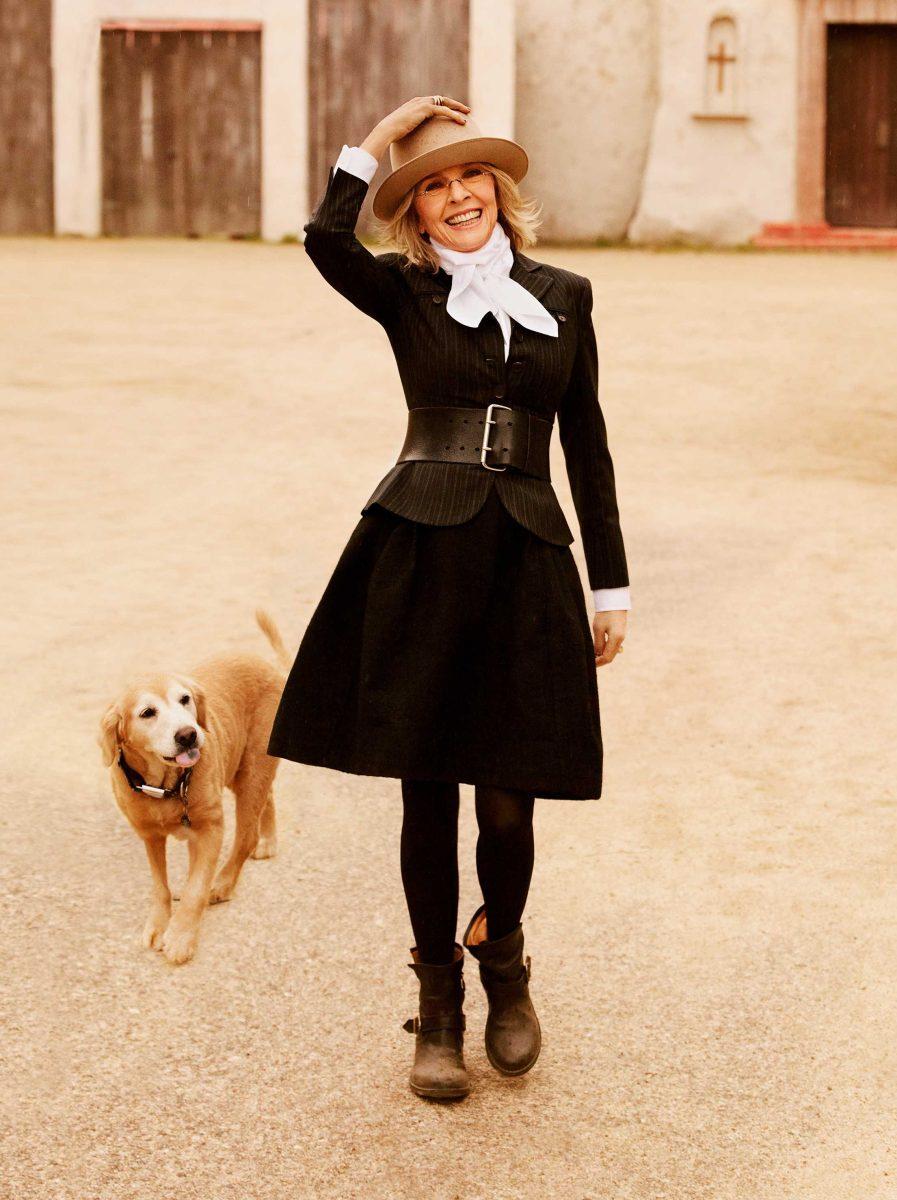More women need to stop viewing modesty as restraining and shameful.
A Sept. 20 article in the Atlantic titled “Why Women’s Fashion in Washington, D.C. Is So Terrible — and Patriarchal,” argued fashion for women from professional brands like Ann Taylor puts women in a subjective role and communicates vulnerability.
Similarly, Nigerian writer Chimamanda Ngozi Adichie said, “We teach girls shame. Close your legs. Cover yourself. We make them feel as though being born female, they’re already guilty of something.”
Feminism tells us dressing modestly and covering up our “assets” means we’re weak and ashamed. Modesty should mean women value their bodies.
It’s no secret women are sexualized in the media. Psychology Today reported in the media, “women are three times more likely than men to be dressed in a sexually provocative manner.”
In the media, advertisements and television, women’s bodies are being put on display because it sells.
Yet, women advertise their sexuality in everyday fashion as though it is dignified and empowering. The more respectable option is to say, “No, this body is mine, and you don’t get to see it all.”
Dressing conservatively doesn’t mean women are surrendering to men because it is women taking the power to sexualize them away. It gives men a chance to see women as professional human beings. We are more than cleavage, behinds and tiny waists. A woman’s confidence should come from her accomplishments and beliefs, not from promoting her body.
“When we put on an article of clothing, it is common for the wearer to adopt the characteristics associated with that garment,” stated a Forbes article.
If you wear business casual clothes to class and work, you’ll feel confident and prepared. If you wear sweatpants and an oversized T-shirt, you’ll feel like going to bed. If you wear a short skirt and low-cut shirt, you’ll feel like going out to pick up guys.
It creates vulnerability and insecurity when a body meant to be seen by one other person, a husband, is paraded around for the world to see. Bodies are sacred, private and confidence can’t come from revealing them.
As much as we hate to consider what other people think of how we look, it matters.
“In the workplace, clothing significantly influences how others perceive you and how they respond toward you,” Darlene Price said in Business Insider.
The same article presented research that appearance — including how you dress — affects people’s perception of your intelligence, financial success, trustworthiness and whether you’re prepared to be promoted. Dressing well, combined with communicating well, will affect how people treat you and your career advancement, whether you like it or not. To go back to the Atlantic article, those women are not communicating subjection or timidity in dressing modestly and professionally. Instead, they display they value themselves and their careers and want to advance in the workplace. They show respect for the people around them and themselves, and it’s something more women should embrace.
Caitlyn Atkinson is an 18-year-old mass communication sophomore from Pride, Louisiana. You can reach her on Twitter @catkin105.
OPINION: Modesty is not shameful
September 22, 2015
More to Discover











